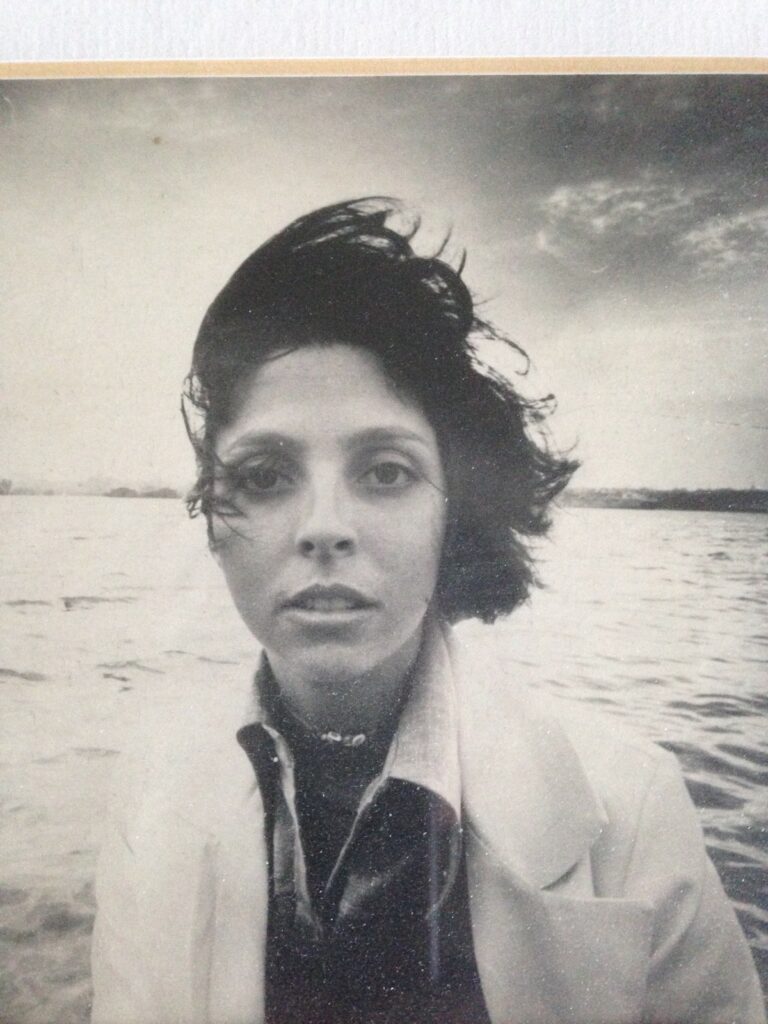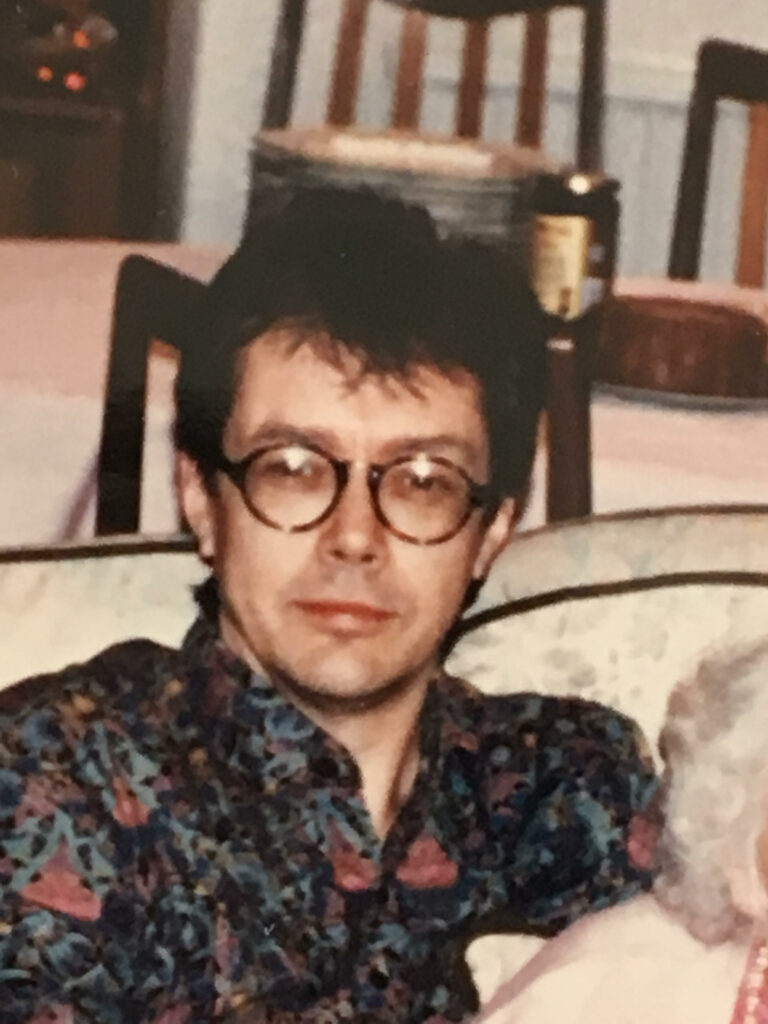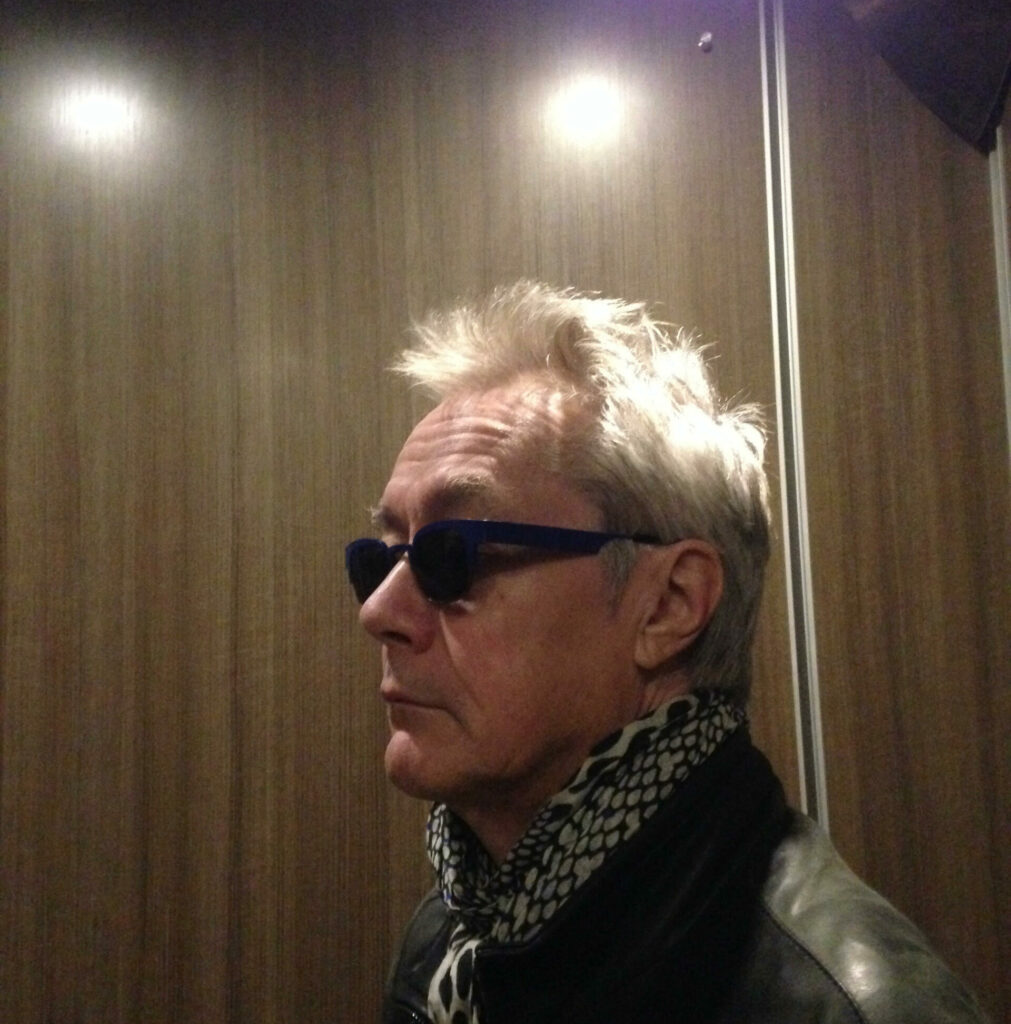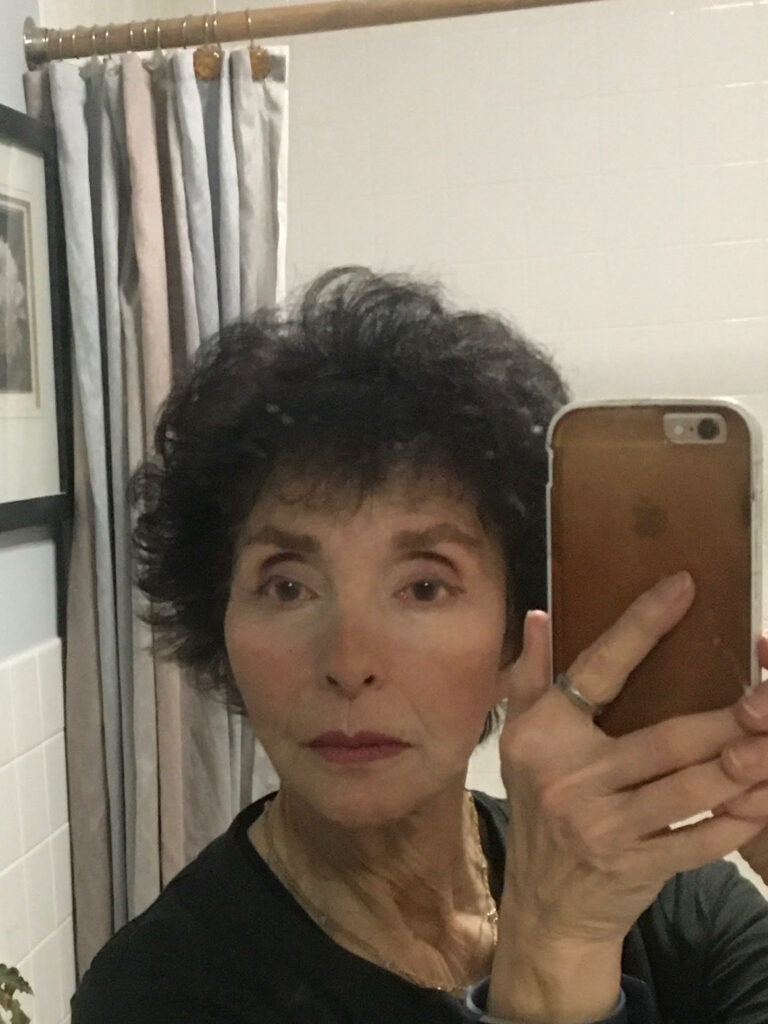The Animal of a Life

Yaddo, in Saratoga Springs. Courtesy of Wikimedia Commons, licensed under CCO 4.0.
Saturday was Richard’s birthday, and we drove to Yaddo, in Saratoga Springs, where we met seventeen years ago. We hadn’t been back to the artists’ colony together since. Standing on the lawn, looking up at the great mansion, we were a bit like bears on the wrong side of the zoo. When we were residents, we were free to roam the grounds, walking so close our coats swished together as we circled the four small lakes that dot the rich people’s estate. You don’t even notice there are visitors, welcome only on some woodland trails and in the rose gardens, laid out like those at a French palace.
Whatever memories were stirred as we retraced our steps weren’t sharp. It was like rewatching a movie with different actors in the parts. Even if we’d entered the buildings now and the rooms where we’d talked, I doubt it would have made much difference. The movie I watch is in my head, and I run it more or less all the time.
This is the movie. I arrive at Yaddo lost. I’m absolutely lost in my life, and I turn sixty at the colony, and there’s something about a man there I find easy to be with. The first time we talk, we’re in a little parlor outside the room where meals are served, and I don’t know how Foucault comes up. It will turn out Foucault is always on Richard’s mind the way this conversation in the little parlor is always, more or less, on my mind. I say, “I find Foucault overdetermined.” Or maybe I say, without qualification, “Foucault is overdetermined,” and even though Richard loves Foucault and doesn’t for one moment believe this is true, he bursts into a smile because he’s never heard anyone say this before, because he’s not sure what I mean by it, and because he’s astonished by the chutzpah of such a blunt summation.

Laurie, age 25.
Honestly, looking back, I have no idea why I said that. My guess is I was showing off. I also did think Foucault was saying that people are organized, without knowing they are being organized, to think and feel in certain ways, by forces with money and power. We are plugged into a matrix, or we’re chess pieces moved around a board, or we are sleeping beauties, who will die without ever having been awake. Richard says this isn’t what Foucault is saying at all. It’s some bullshit version of Foucault I’ve concocted in order to assert a Laurie-made, Nietzchean, life-force energy that’s bigger, in an animal sense, than the forces of capital and governments.
Anyway, when we were in the little parlor and he smiled rather than argued, when he said, “That’s interesting” in that fake polite and also genuine polite English way he has, when he said that, he was humoring me in order to see what I’d do next. And I had no idea he was humoring me because I am always too into my own thoughts to notice what’s going on around me. Thus love was sparked, as it always is, from a matchbox of mistaken understandings, plus the look and smell of the other person.

Richard, age 30.
On the birthday visit to Yaddo, Richard was seventy-three. At twenty-three, when he was diagnosed with type-1 diabetes, he was told he’d be lucky to reach sixty. Tactful, they are, in the National Health Service. After I got together with him, I met a doctor who was also a writer at another artist’s colony. He said, “Get out, now.” He meant the probable strokes, heart attacks, kidney failure, blindness, and amputated limbs that were inevitable. I didn’t get out (obviously).
Richard has been in a long-term study of type-1 diabetes and has turned out to be what’s called “a unicorn,” in that he still has all the body parts, in good repair, he had when we met. The key is controlling high and low blood sugars, and to do this, he wears an inserted pump that supplies insulin, and also an inserted sensor that reads his blood-sugar levels every five minutes and sends the information to the pump on a Bluetooth signal. There’s no cure for type-1 diabetes. You adjust to its limits, the way you adjust to the limits of having a span of life.
On the sloping lawn at Yaddo, two women were taking pictures of the mansion with cameras on tall tripods. They were unsure about where they were. They knew the place had something to do with art—all life has something to do with art, if you tilt the camera. Their husbands were nearby, at the famous racetrack, and the women were happy to be divided from the interests of the people they were spending their lives with.

Richard, now.
Richard looked neither happy nor sad. He’d had no burning wish to see Yaddo again, even though it was the place where we’d met and even though it was where, once again, he’d opened a door, as if going out to buy bread and milk, and had kept walking. “All the times I did that, I only felt trapped in retrospect,” he said. “I needed to get out in order to see what had made me leave a life I was in. I’m a strange person.” I thought, not so strange. I said, “Do you think you feel trapped in our relationship?” He said, “I’d only know that if I left.” We were having a good time.
After we left Yaddo, we walked long the main street of Saratoga Springs, looking for a place to write. I found the bakery I remembered was good, but it was noisy and crowded there. I bought an apple tart, and we drove to a grand hotel I’d been to, situated in a state park. We sat outside on white rockers, looking at garden beds that were going out of their minds from all the recent rain.
The other night, I was looking at reactions to a piece I’d published, and I couldn’t tell if I was satisfied or even what satisfaction would feel like. I said to Richard, “I’m very ambitious, nothing there has dimmed.” He said, “What a shocker. It’s not as if I don’t know you.” I wondered if there could still be surprises for him. It was just a thought. He likes to say, joking and not joking, “You have no idea who I am.” Who am I to argue with a person who plays his cards so close to his chest?
We wrote on the rockers and afterward read our pieces to each other, as we always do. Richard wrote, “I don’t know what seventeen years feels like or any other amount of time. Memories are each in their own separate space, and all memories that are bright have the same brightness, and they all feel the same distance away. It takes a separate thought to place them in some sort of order.” Yes, I thought, that’s right, and it was a new thought, and I loved the way I’d received it in Richard’s writing.
At every age, you think about the age you are in the animal of a life, and at every age you think about your place on the track you are circling with other people your age. Richard and I have arrived at the hindquarters, probably, approaching the tail. At every age, you are also the face—looking out, listening, feeling things, tasting and sniffing around. In this way, you are all the ages you have ever been and will ever be. In the car on the way to Yaddo, I said, “When you’re young, you dread getting old because you have to look like shit, but when you are old, it doesn’t feel like an especially different time in terms of what you know or understand. I think, though, something has become easier.”
Some kind of happiness has settled over me. It’s not about knowing I will die. I was born knowing I would die. It says so on my birth certificate. It’s that I’ve become better at things I’ve practiced my whole life. I was saying this recently to a friend at lunch. I said, “When I look back, I can see more clearly the ways I’ve been an asshole to other people. There’s less defense.” She said, “How were you an asshole?” I said, “It’s hard for me to see what other people need and give it to them.” She said, “Are you less of an asshole now?” I said, “No. I’m a better writer. The writing forces you to know things that are true.”

Laurie, age 76.
When Richard and I met at Yaddo, for a long time I didn’t know if he was happy to see me when we crossed paths or if he was just being polite, the way he is to everyone. I didn’t know until one morning he came to find me in the room where we checked our email and asked if I wanted to go for a walk. I still don’t know half the rooms inside him. At the beginning, he made me wait, and it made all the difference.
Laurie Stone is the author of six books, most recently Streaming Now: Postcards from the Thing that is Happening, which was long-listed for the PEN America Diamonstein-Spielvogel Award for the Art of the Essay. She writes the Streaming Now column for LIBER: A Feminist Review, and she writes theEverything Is Personal Substack.
Copyright
© The Paris Review
